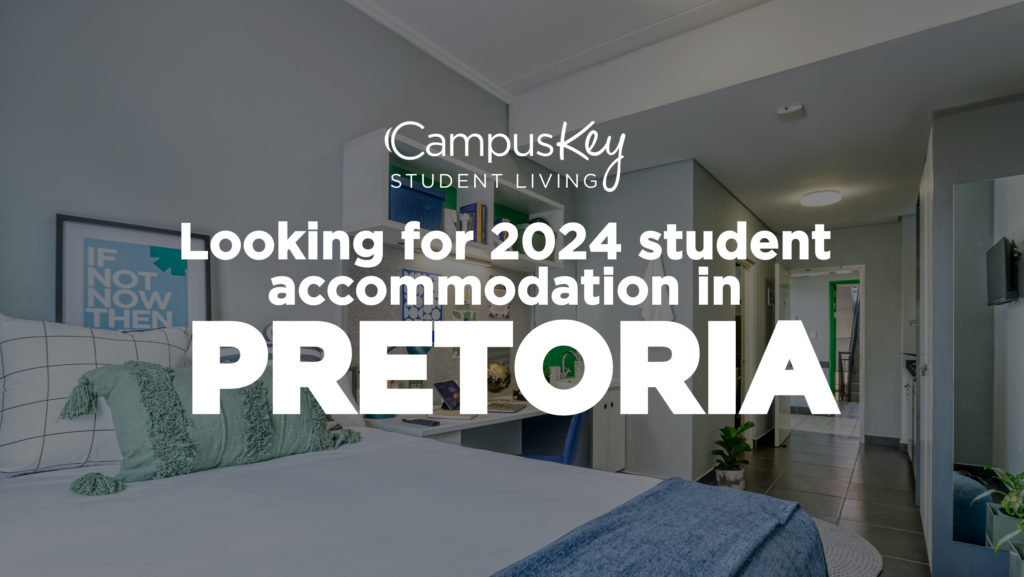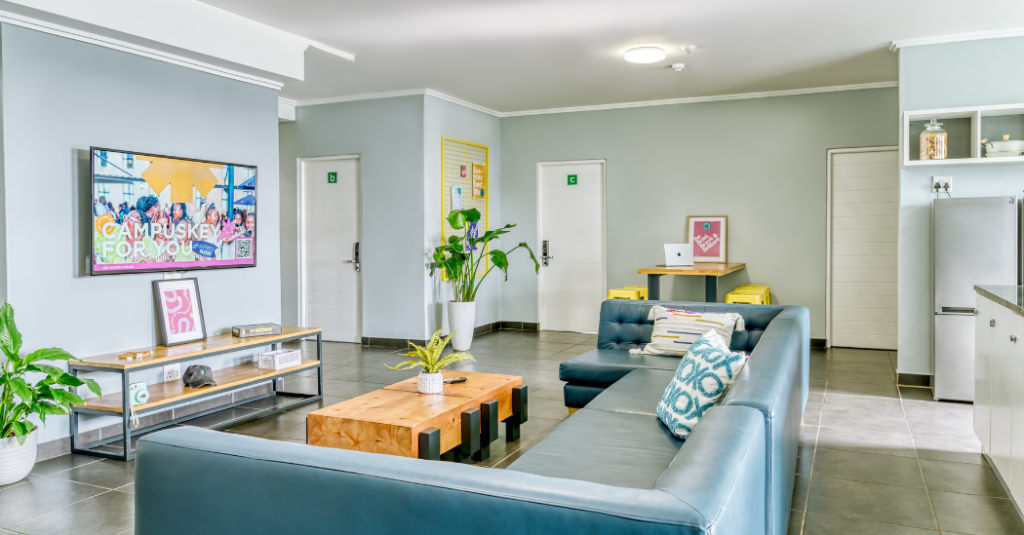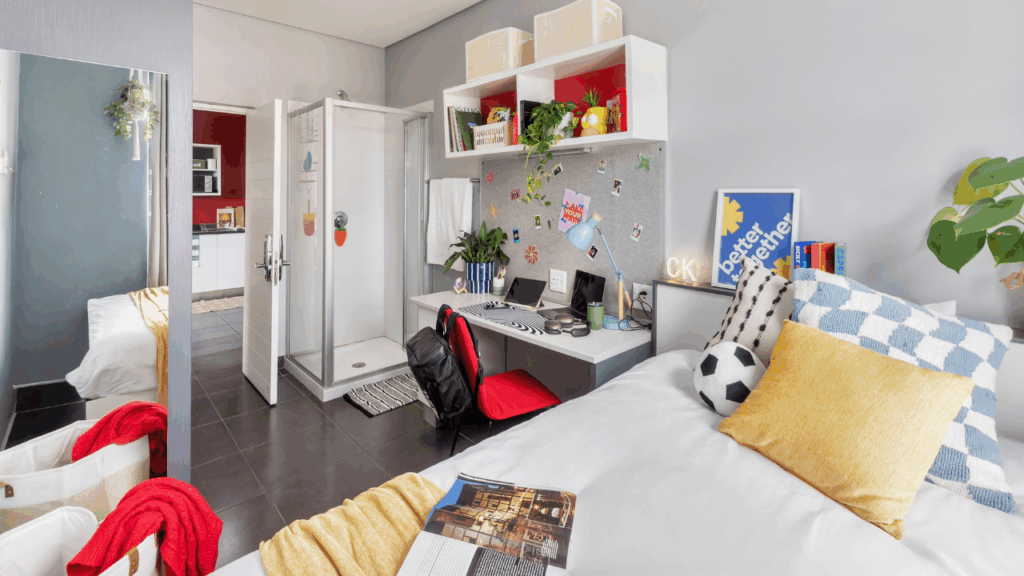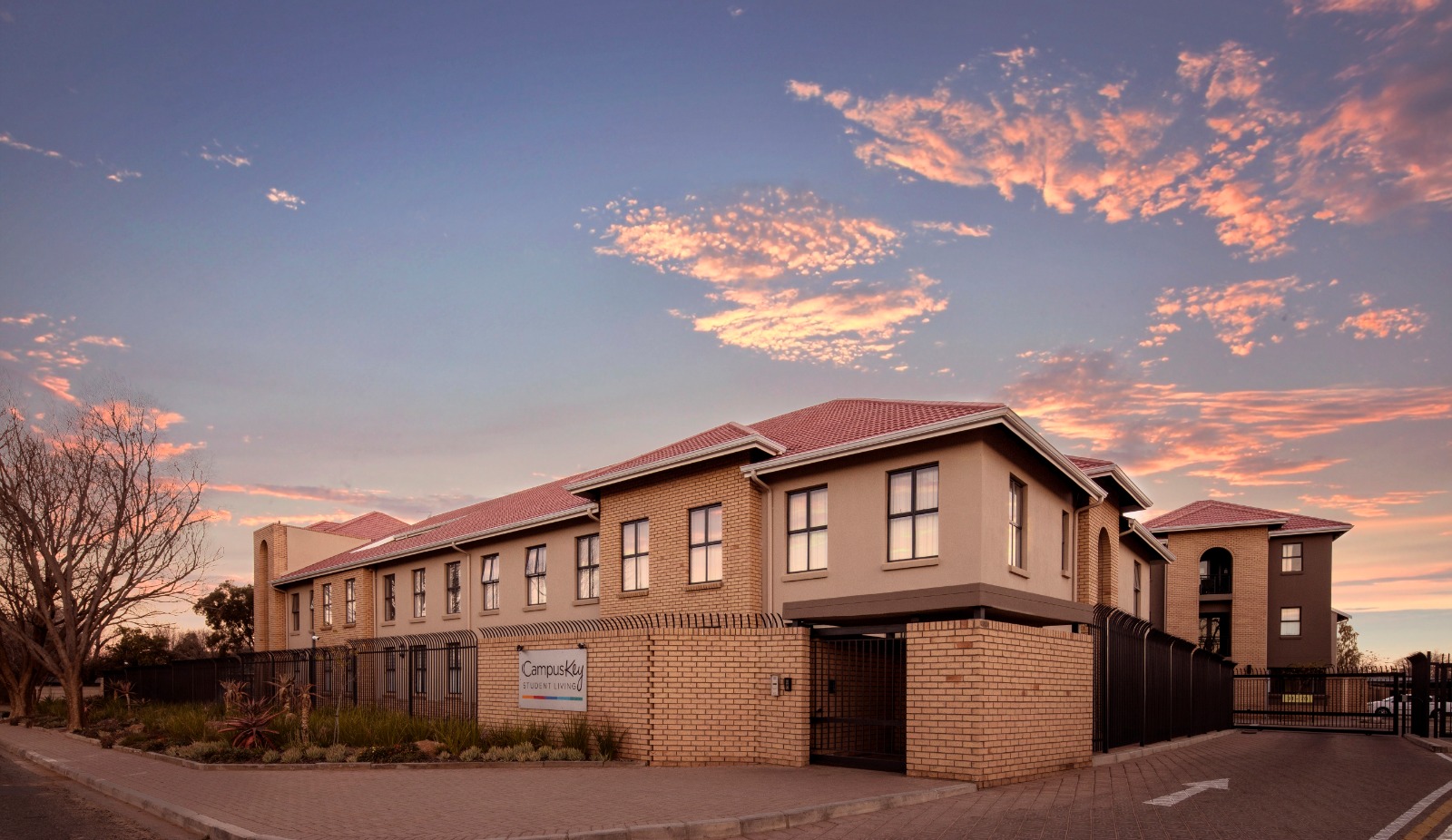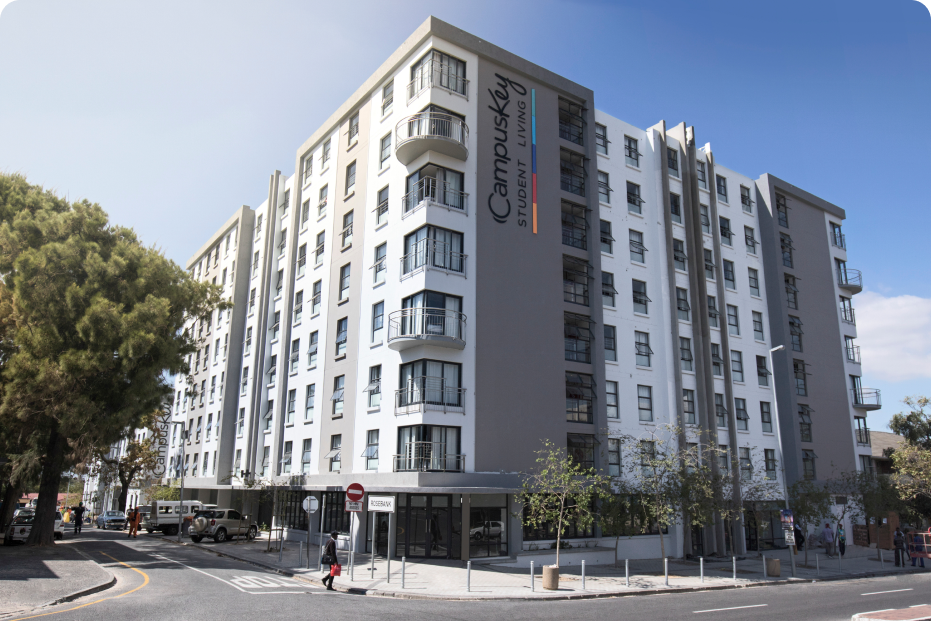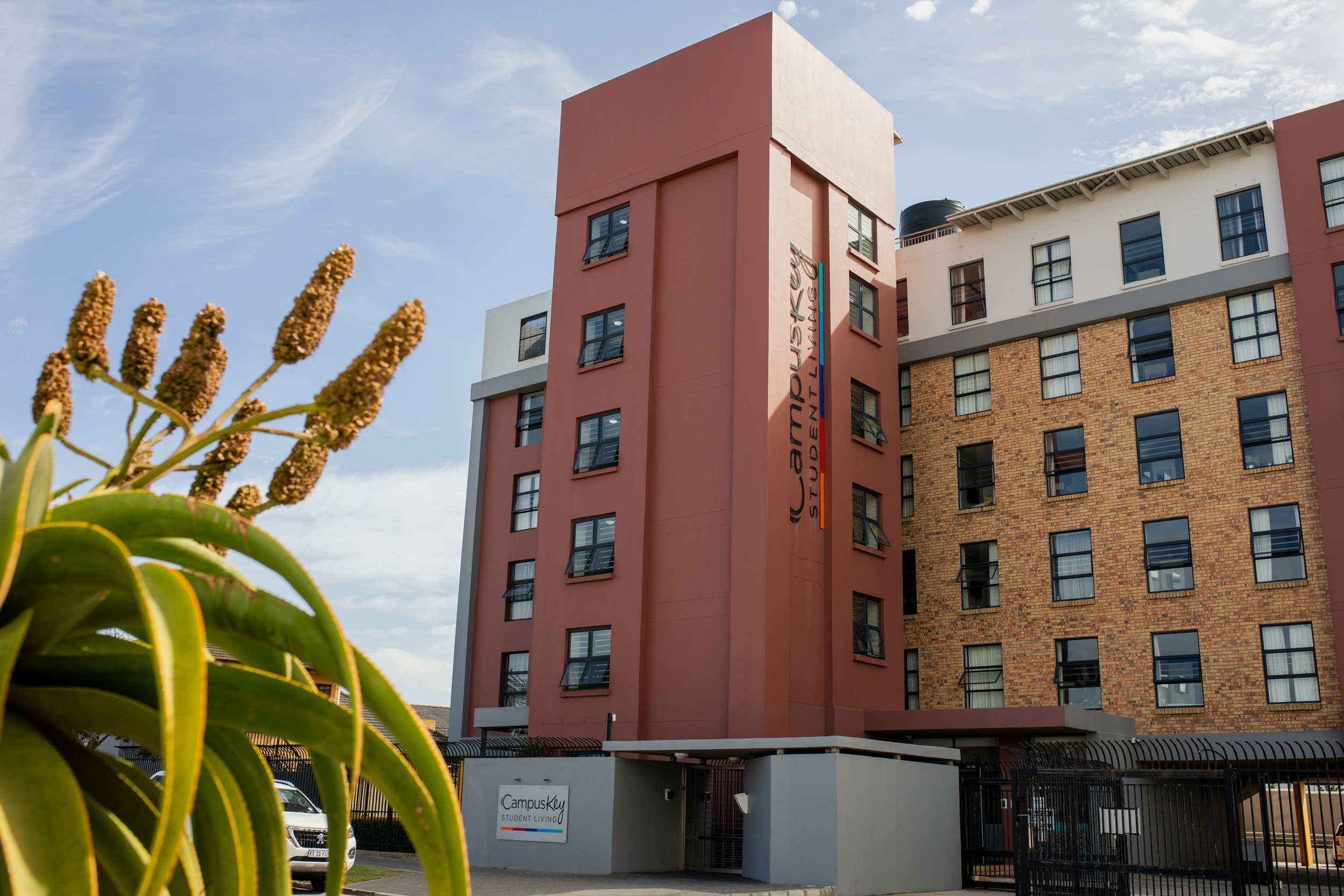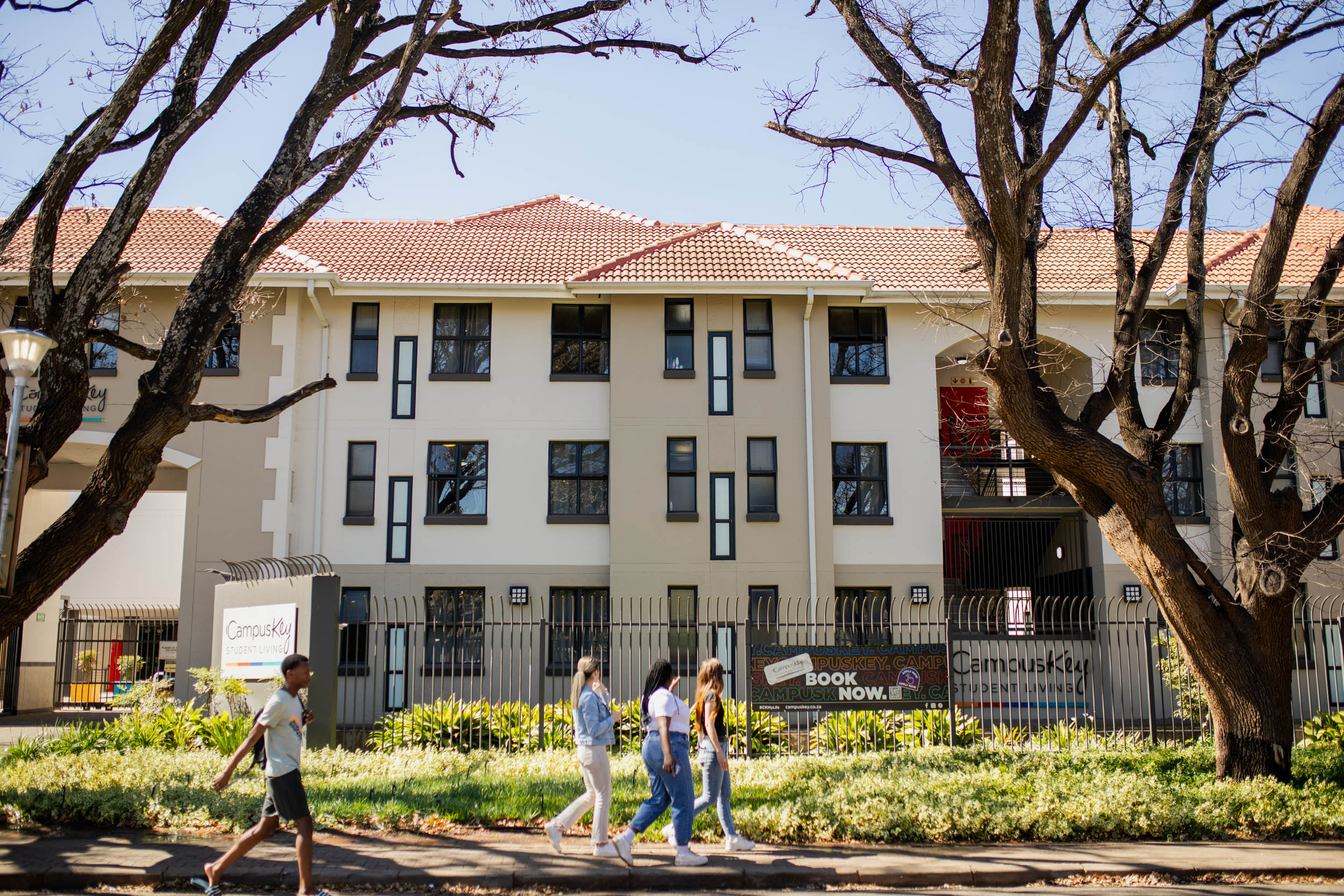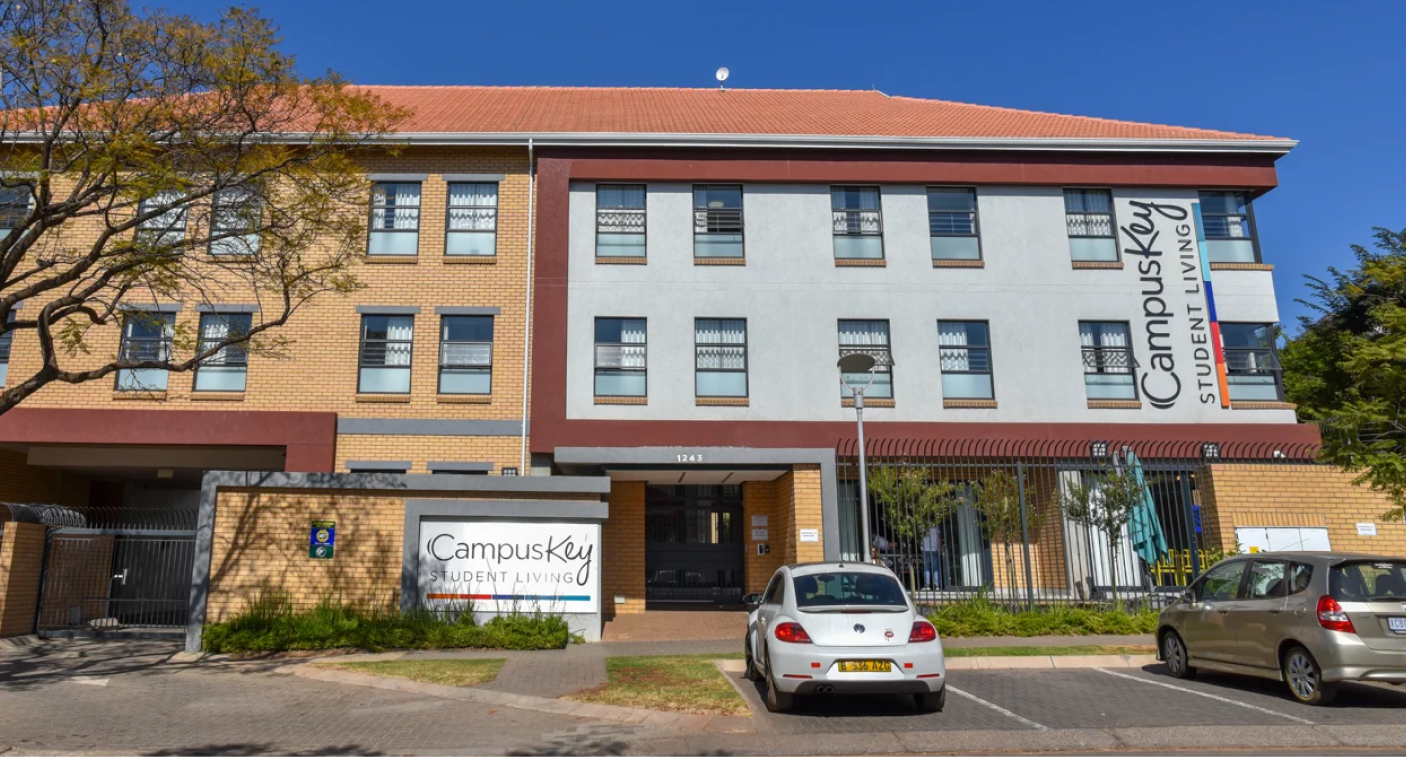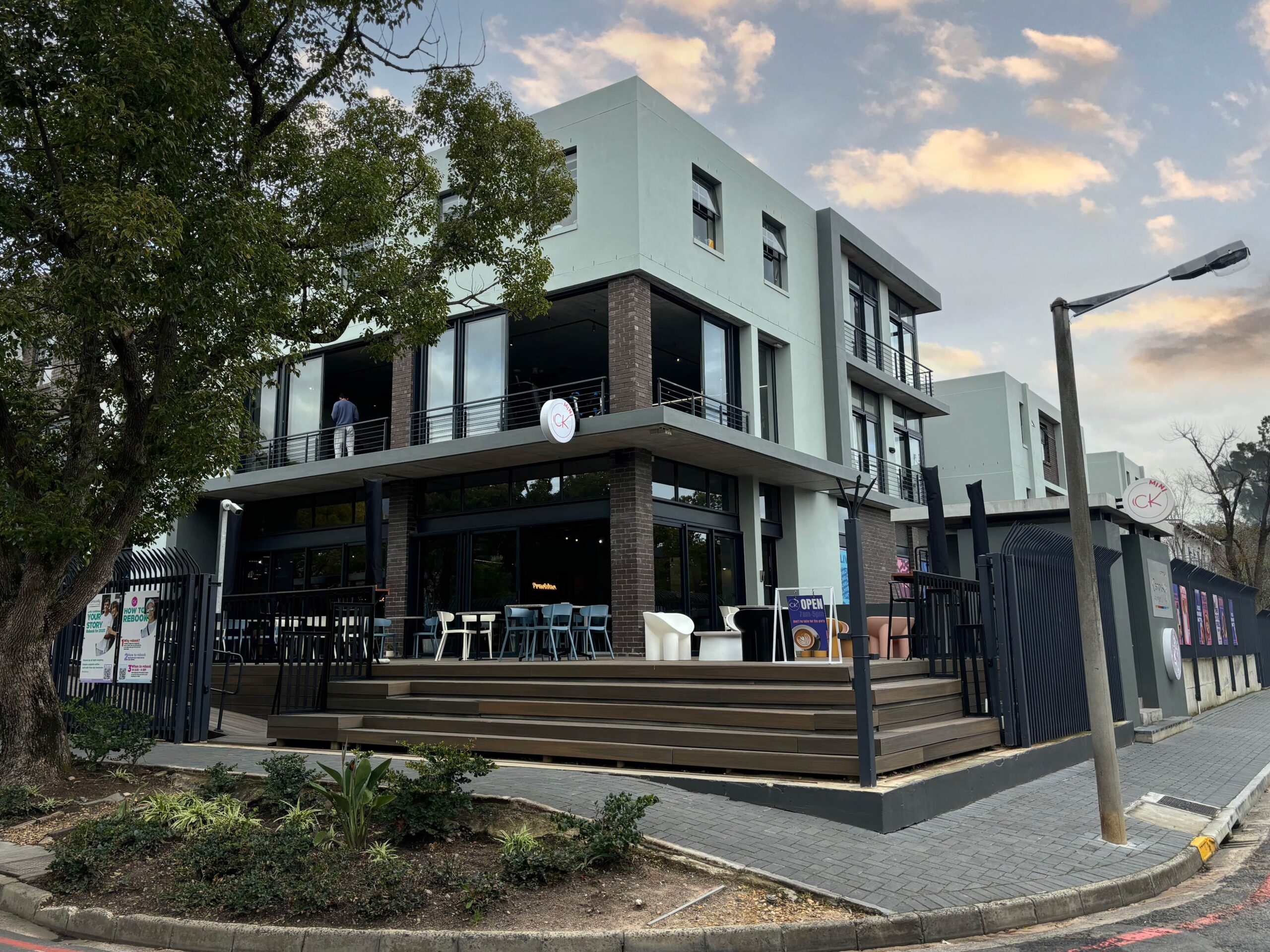CampusKey Student Living is dedicated to understanding and addressing the evolving needs of students. Today, we’re reflecting on the latest report, ‘Improving the Transition to Higher Education,’ published by Unite Students in collaboration with Higher Education Student Support Champion Professor Edward Peck. This comprehensive study, based on expert roundtables, individual interviews, desk research, and sector case studies, offers crucial recommendations for schools, colleges, and universities.
Implications for Student Accommodation
The lasting impact of the COVID-19 pandemic on young people is undeniable. While some students have adapted well, many are still grappling with its effects. A recent study by the Institute of Education revealed that 42% of 12-15-year-olds experienced a decline in social and emotional development during the pandemic.
Additionally, with the rise in mental health issues and the ongoing cost of living crisis, educational institutions must work harder to meet students’ changing needs. This report provides valuable insights on better supporting students during their transition to higher education. Here are four key takeaways for student accommodation teams:
1. Focus on Engagement and Belonging
New students face the dual challenge of adapting to new learning methods while living independently and making new friends. The report suggests prioritizing the development of a sense of belonging and engagement within the university community. This could involve extending the settling-in period both in accommodation and on campus, gradually introducing new study skills.
2. Promote Coherent Social Integration
Given the pandemic’s impact on social development, ensuring that social integration opportunities are well-coordinated during the first few weeks of term is essential. Accommodation teams and private providers are crucial in helping students settle in and make friends. Closer collaboration with student unions, academic departments, and other university sectors can streamline communication and help students find appropriate events and opportunities. This approach is particularly beneficial for neurodivergent students.
3. Address the Cost of Living Crisis Creatively
The cost of living crisis has significantly affected students, often limiting their social opportunities and making independent living more challenging. Creative, targeted initiatives can make a real difference during the initial weeks. Sharing successful strategies can benefit the wider student community, and we encourage you to reach out if you have effective solutions to share.
4. Foster an Inclusive Environment
Ensuring every student feels welcome and at home is vital. Student life can be alienating, especially for those who feel different from their peers. The report highlights the importance of considering students’ cultural needs, drawing from initiatives like the University of Kent’s “Living Black at Kent.” Student accommodation must provide a safe, friendly base fundamental to student well-being and academic success.
Our Commitment at CampusKey
At CampusKey, we are committed to supporting students from day one. Our Mentor Programme and Community Connections/workshops offer peer support, and our teams are trained to create a supportive environment. We continuously seek ways to enhance the support we provide to new students. We aim to create a nurturing environment that fosters student success and well-being throughout their higher education journey.
Want to read more on the insights from the Unite Students report on Improving the Transition to Higher Education? Go to this link to download the full report:https://www.unitegroup.com/wp-content/uploads/2024/05/Transition-to-University-Report-May-2024-1-1.pdf
